This Monday, Rwandans go to the polls for presidential and legislative elections that raise questions about the state of democracy in the country. Polling stations opened at 7 am local time, marking the beginning of a vote whose outcome seems hardly uncertain.
President Paul Kagame, in power for 24 years, is seeking a fourth consecutive term. His political longevity, while demonstrating a certain stability, also raises questions about the alternation of power in this East African country.
The election campaign has highlighted the glaring imbalance between the incumbent president and his opponents. Kagame, enjoying undeniable popularity linked to his role in rebuilding the country after the 1994 genocide, has conducted a large-scale campaign, mobilizing significant crowds. In contrast, the two other candidates authorized to run are struggling to generate the same enthusiasm, illustrating the challenges of political pluralism in Rwanda.
The results of the previous elections in 2017, where Kagame obtained more than 98% of the votes, raise questions about the real competitiveness of the electoral process. His opponents, Philippe Mpayimana and Frank Habineza, only gathered marginal percentages, 0.7% and less than 0.5% respectively.
Although opposition candidates claim to have been able to campaign under good conditions, international observers and human rights organizations are questioning the space actually granted to the opposition and civil society in Rwanda.
These elections thus highlight the Rwandan paradox: a country praised for its stability and economic development, but criticized for its limitations in terms of political freedoms. As voters cast their ballots, the stakes go beyond the simple choice of a leader; it’s about the future of Rwandan democracy and its ability to evolve towards a more open and pluralistic system.


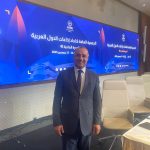

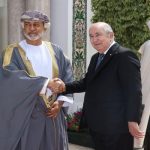
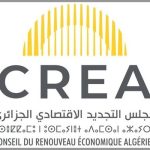
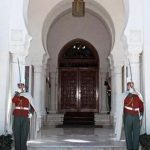
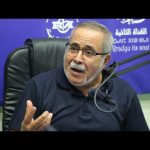

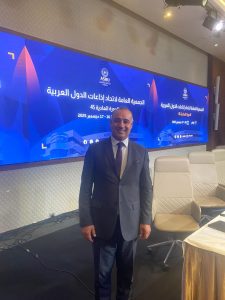

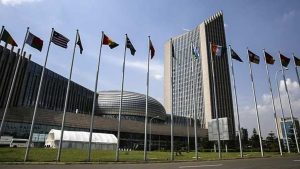
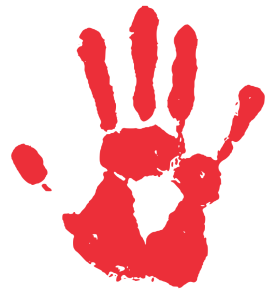
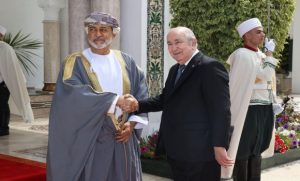
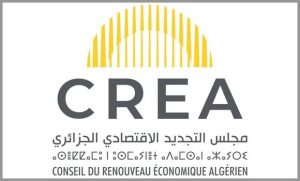
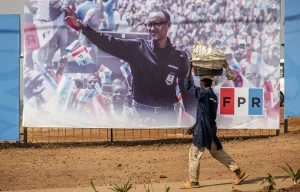
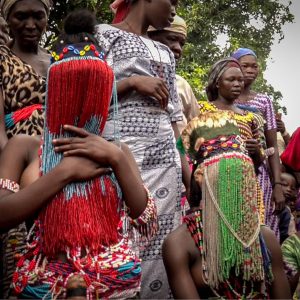
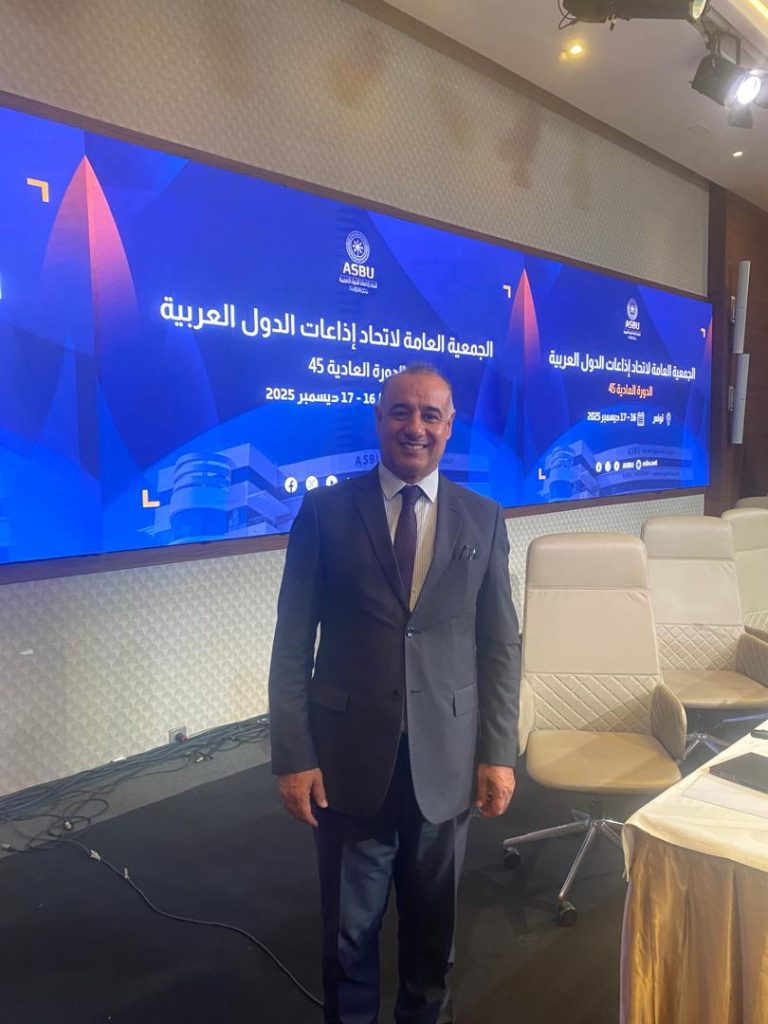

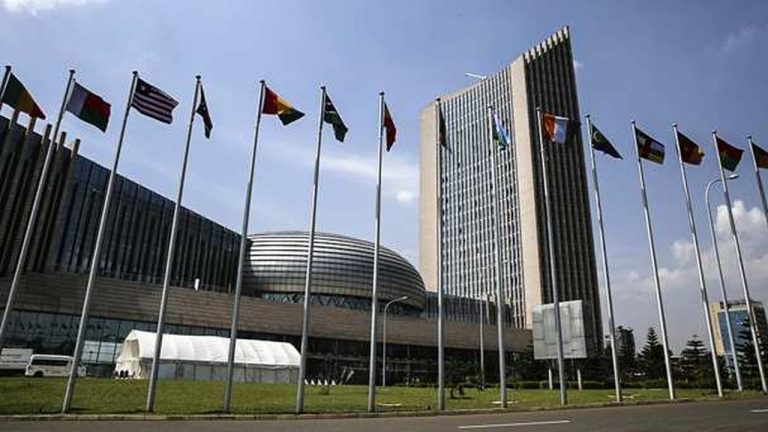
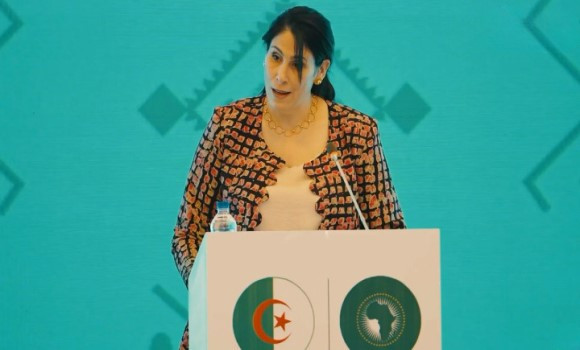
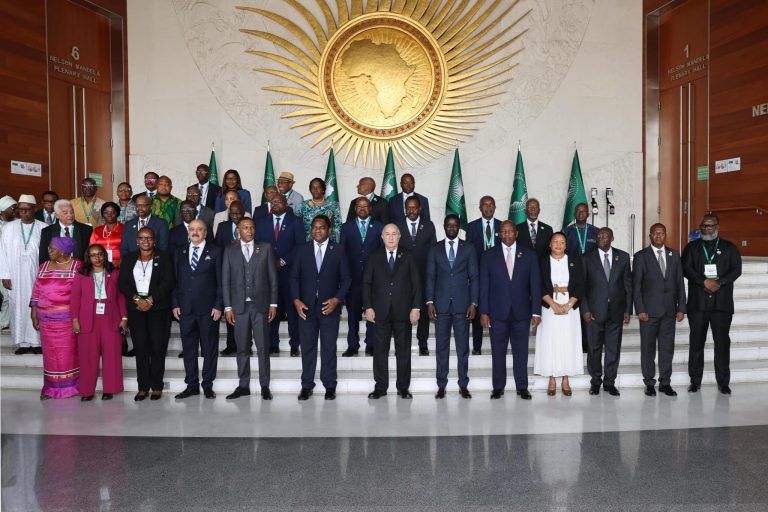
+ There are no comments
Add yours